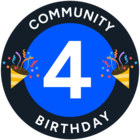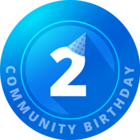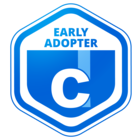Hopefully there is a coffee pot next to the water cooler… ![]()
Informal dialogue while we sip from our cups…
When you make a course in Docebo - what percentage of it is made up of say… SCORM files that you built with a third party authoring tool and what percentage is made up using native tools within Docebo?
What, if any, criteria do you have for deciding when to make a quiz with your preferred authoring tool vs building one with Docebo tools?





